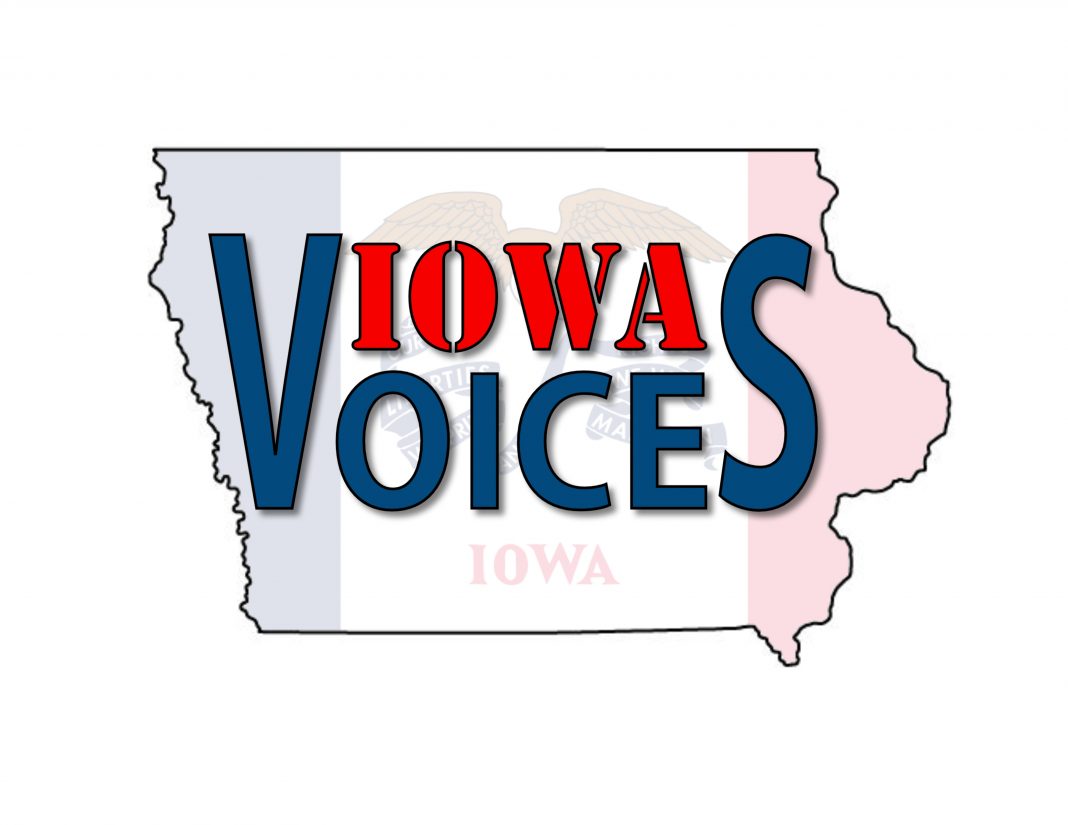Is SF 342, the back the blue bill, a legal bill? Did it meet all the mandatory requirements? Or was the House chamber process highly suspect?
Does the bill align with both the U.S. and State Constitutions? Did legislators uphold their oaths of office to support both constitutions?
Below are facts to be weighed.
Here is the link to listen to the House debate of SF 342, the back the blue bill, when Rep. Mary Wolfe called into question the legality of passing the bill now with amendment H1497, without the required impact statement, which is required according to IA Code 2.56.
Extremely interesting that her request, even for an overnight delay to obtain the required statement was denied. Why? What was the huge rush? https://www.legis.iowa.gov/dashboard?view=video&chamber=H&clip=h20210518073332143&dt=2021-05-18&offset=4118&bill=SF%20342&status=i
IA Code 2.56 clearly states a correctional impact statement is required by the word ‘shall”.
2.56 Correctional impact statements. 1. Prior to debate on the floor of a chamber of the general assembly, a correctional impact statement shall be attached to any bill, joint resolution, or amendment which proposes a change in the law that creates a public offense, significantly changes an existing public offense or the penalty for an existing offense, or changes existing sentencing, parole, or probation procedures. The statement shall include information concerning the estimated number of criminal cases per year that the legislation will impact, the fiscal impact of confining persons pursuant to the legislation, the impact of the legislation on minorities, the impact of the legislation upon existing correctional institutions, community-based correctional facilities and services, and jails, the likelihood that the legislation may create a need for additional prison capacity, and other relevant matters. The statement shall be factual and shall, if possible, provide a reasonable estimate of both the immediate effect and the long-range impact upon prison capacity.
Rep. Klein, House floor manager of the bill argued that #6 excused the requirement of the impact statement.
- A revised correctional impact statement shall be prepared if the correctional impact has been changed by the adoption of an amendment, and may be requested by a member of the general assembly or be prepared upon a determination made by the legislative services agency. However, a request for a revised correctional impact statement shall not delay action on the bill, joint resolution, or amendment unless so ordered by the presiding officer of the chamber.
Read the number six carefully. Very carefully. The amendment ‘shall’ have an impact statement. However, if there is an amendment to that amendment (H1497), then requesting a ‘revised’ impact statement would not detain the bill.
There can be NO revised impact statement if there was never a correctional impact statement to begin with.
Oh, speaking of huge rushes. The subcommittee hearing date and time was posted on the legislative site at approx. 3 p.m. Meeting at 8 a.m. the following morning. That does NOT meet the required 24 hr. notice. The subcommittee meeting did not start until about 8:15 a.m. By 9 a.m. it had zipped through both the subcommittee and full committees. So much for transparency and giving the public an opportunity to comment.
There was absolutely no, none, nada, zilch, zero chance for the public to see and comment on the mushroomed amendment H 1497, that turned the original senate bill on its head. House, just what was the huge rush with this bill?
Even though the Senate received the illegally passed bill, they did take the time to do things properly and get the required impact statement prior to taking it up. Oh, there were senators wondering why the House purposed to ignore Iowa code with the explanation that that simply does not pass muster upon closer examination.
Only one representative replied to me that there was nothing illegal about this bill. That’s it. Nothing else. No validating sources or explanation Truly disappointing.
Then there is the question of the constitutionality and legality of the qualified immunity section beginning on pg. 10 of the bill and its huge gotcha of clearly established. Hint it is unconstitutional. Neither constitutions grant special privileges for special jobs as Rep. Klein claimed was needed. ALL are to be equal under the law. The Civil rights Act of 1871 is still in force. Congress has never rescinded it. And Congress has never passed qualified immunity. Therefore, it is NOT a law. Therefore, there is no federal law that this section of the bill aligns with, as has been claimed.
The consistent claim by legislators the need to protect law enforcement against unjust claims in the case of a split-second decision. Never heard any reference to statistics as to the frequency of lawsuits filed.
One absolutely needs to research the unconstitutional qualified immunity with its extremely ludicrous ‘clearly established.’ Designed perfectly to make it nearly impossible for a victim to receive justice.
Questions:
Should the governor sign a bill that was illegally passed by the House without the required impact statement?
Should the governor sign a bill that has a clearly unconstitutional provision?
Should the governor just ignore her oath of office?
- Betsy Fickel












